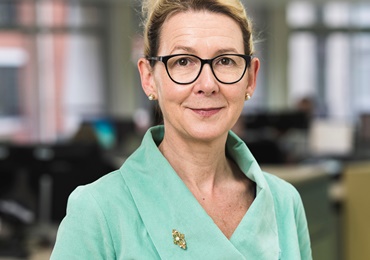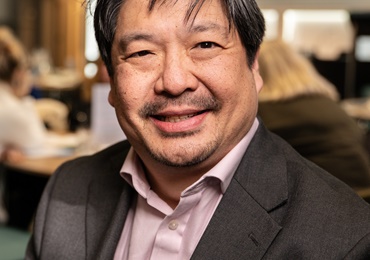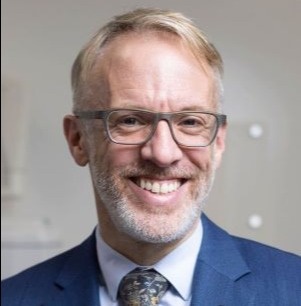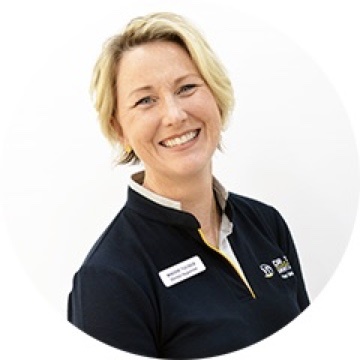A view from the Chair: International registration changes take effect and collaboration is key to provisional registration
Changes to international registration take effect
This is an important week – legislation changes come into effect on Saturday 9 March for international registration, which is the first point at which some aspects of the way we operate the Overseas Registration Examination (ORE) can be changed.
In line with our consultation last year, the GDC’s Council has agreed new Rules from 9 March for registration of internationally qualified dentists and dental care professionals, and a new application processing fee for overseas-qualified dentists when they apply to be added to the ORE candidate list. This fee has been set at a level that covers the costs of processing only, and brings this into line with our fee setting policy.
We have also recently opened our early market engagement for the procurement of new ORE contracts, which is now possible because the legislation changes made last year opened up the number of potential suppliers and removed the previous financial constraints. This follows the work with our consortium partners last year to triple the number of places available for Part 1 of the ORE and places for Part 2 increased by one third.
It is already the case that more candidates now have the opportunity to sit the ORE or be assessed as dental care professionals in order to be able to register to work in the UK. However, there is still much to do to achieve our aim of a modern system of international registration which is fair to applicants, efficient to deliver – and above all is rigorous in protecting patient safety.
Provisional registration relies on collaboration across the dental sector
We welcomed the government’s announcement that it intends to legislate to create a new category of provisional registration for dentists qualified outside the UK, because it will provide an additional route for joining the UK dental workforce and will allow dentists to adapt to the UK practice environment while being supported and supervised.
However, there is much to be done to design the processes so as to allow provisional registration to work safely and effectively. We will, of course, consult on these before setting the detailed rules which will underpin the arrangements. And, importantly, we need to be satisfied that the supervisory capacity and practice environments are in place to support internationally-qualified dentists to practise safely and achieve full registration. Close working across the dental sector and the four nations of the UK will be essential.
I am firmly of the view that patients and the public must be able to be confident that the treatment they receive is provided by a dental professional who is properly trained and qualified and who meets the standards. Standards to be provisionally registered and practise under supervision must meet these expectations.
Even then, the number of additional dentists who will be able to work in the UK as a result of these changes will depend on how provisional registration schemes are developed and above all on the number of places providers are able to offer with suitable supervisory arrangements. As I will keep saying, nobody should be under any illusion that changes to international registration alone will provide a solution to the challenge of delivering care – and particularly NHS care – which meets patients’ needs.
Workforce pattern data analysis is nearly complete
Analysis of information about working patterns which was provided by dentists when they renewed their registration in December is nearly complete. It is important that the data meets the assurance we gave to participants and to stakeholders about why the data was being collected and how it will be used.
What I can share is that when the data is published, we will know more about the dental workforce than ever before, because more than 25,000 dentists (57% of the register) provided information.
The high-level findings will give us a richer picture of where dentists work, the balance between private and NHS practice, and the balance between clinical and non-clinical roles and activities, across the four nations of the UK.
Changes in the Executive Team
I would like to welcome Clare Paget to the GDC’s executive leadership team, as Interim Executive Director, Legal and Governance. Clare’s knowledge and experience is particularly timely and valuable as we embark on defining the system changes to ensure that provisional registration brings public protection, underpinned by a clear legal framework. I look forward to working with Clare and will welcome her pragmatic and professional advice as we embark on the next legislative changes for the GDC.
 eGDC
eGDC























